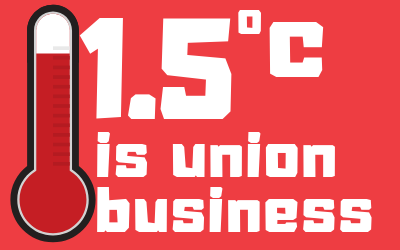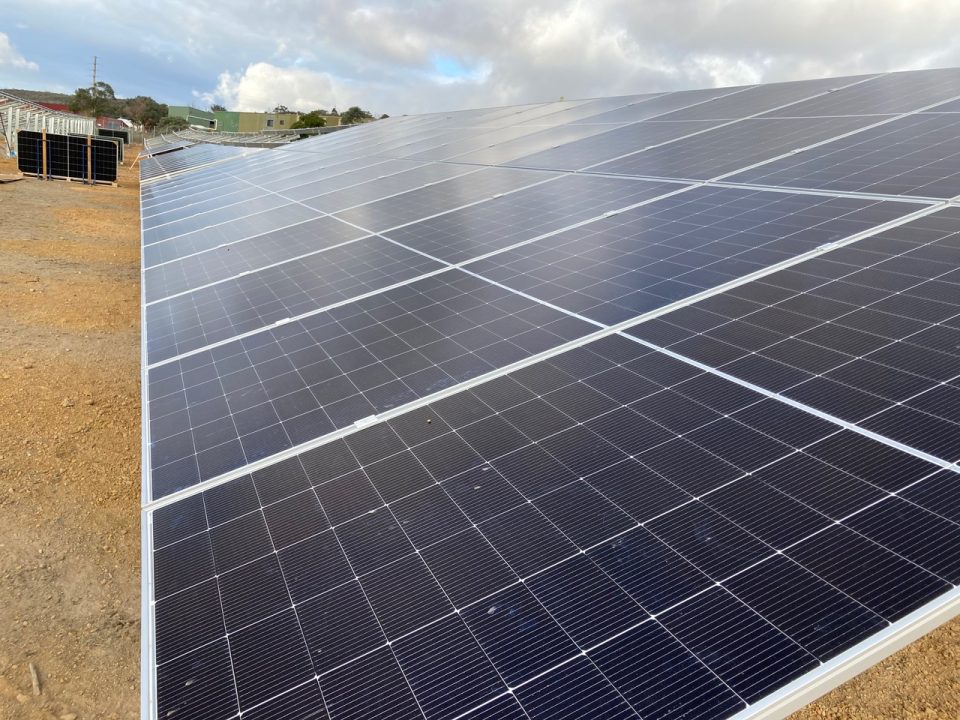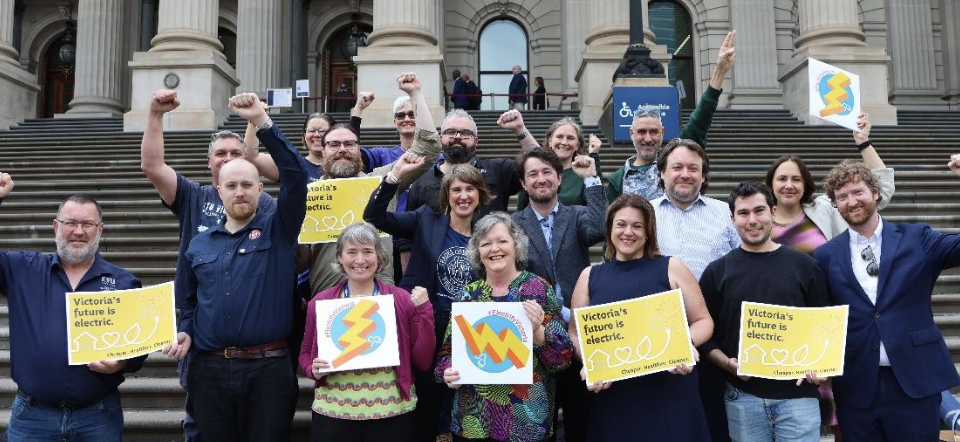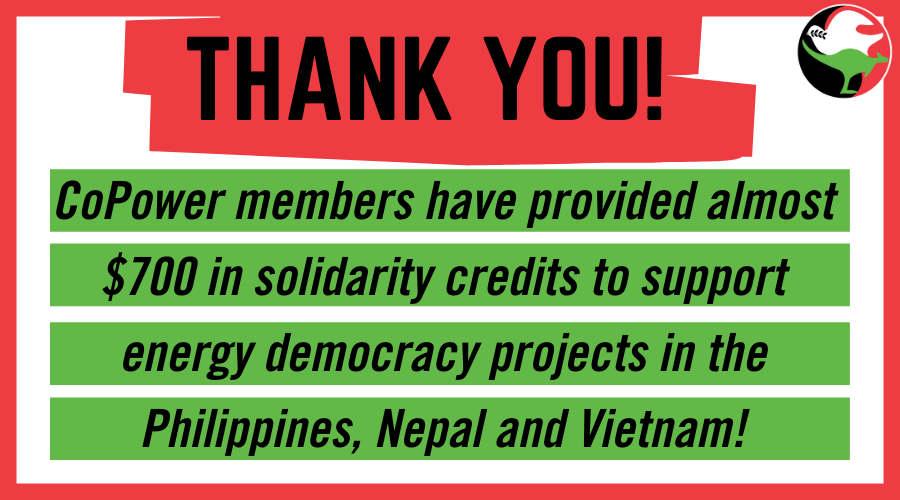
Solidarity Credit 2nd Quarter Report
November 20, 2020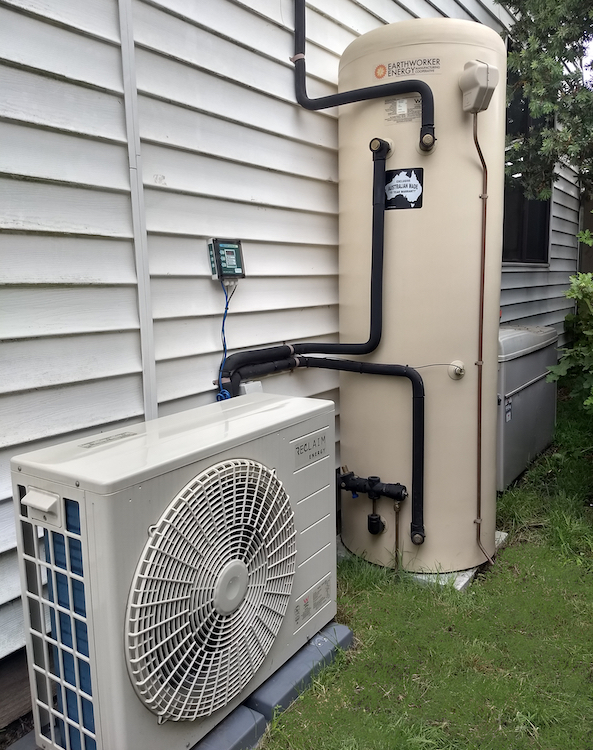
Earthworker Energy: Premium Australian Hot Water Products
December 11, 2020The climate emergency is a class issue. A dairy company decides to close a factory because of an historic drought. Sydney dock workers walk off the job because bushfires are driving dangerous levels of air pollution. Indian tea pickers get less work because their tea harvest has been impacted by a changing climate. All of the above are real life examples of the way in which climate is a class issue.
One of our partner organisations, Union Aid Abroad – APEHDA, have this really great, short and sharp summary as to why tackling the climate crisis is most definitely trade union business. Check it out here!
Given the climate emergency is union business, the key question is what can workers acting together in union do?
There are three things each union can do to make sure it’s taking the climate emergency seriously:
- Make sure its member benefits are aligned with taking on the climate crisis. Another one of our partner organisations, United Workers Union, has a Climate Disaster Relief Fund. In addition, Cooperative Power by providing retail electricity for union members is another member benefit that make a positive contribution to taking on the climate crisis.
- Help union members take action to ensure they are safe from extreme heat and other climate disasters. Union workers taking action to secure their workplaces from COVID-19 in Melbourne during June and July provides a good example. The COVID-19 work directly applies to climate disasters.
- Involve workers in planning a decarbonised future and what social supports are required to make it possible. A Real Deal (an Australian version of a Green New Deal) is one example of this writ large.
What this means for each Union or group of union workers depends on their circumstances. How we work and act together is what matters.

